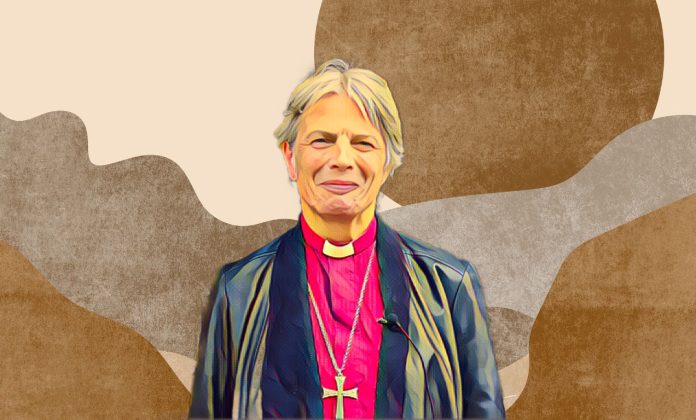Key Points
- Nigerian Anglican Church opposes gay Archbishop election.
- Tensions grow between conservative and liberal church factions.
- Dispute highlights broader global debate on LGBTQ+ issues.
The election of an openly homosexual person as the new Archbishop of Wales has been met with considerable opposition from the Nigerian Anglican Church, sparking a broader discussion about the Church of England’s future and its stance on LGBTQ+ rights. According to a report by the Punch news, the leadership of the Church of Nigeria expressed their disapproval in a statement, stressing the significance of upholding traditional Christian teachings and values.
One of the biggest Anglican Communion denominations, the Church of Nigeria, has continuously maintained conservative attitudes on marriage and sexuality. The church’s opposition to same-sex relationships, which it views as being inconsistent with scripture and Anglican doctrine, is reflected in this most recent rejection.
Increasing conflicts regarding LGBTQ+ rights
This rejection demonstrates the growing gap between conservative Anglican Communion factions in Africa and other regions and more liberal branches in Western nations. The election of an openly gay archbishop has caused significant anxiety among conservative Anglican leaders in Africa, who perceive it as a transgression of biblical principles, but it is also seen as a sign of the increasing acceptance of LGBTQ+ rights in the West.
Critics, such as the Nigerian Anglican Church, claim that the decision compromises the purity of the faith, while the Church of Wales and its supporters contend that it reflects a changing view of human dignity and inclusivity. Nigerian church leaders have urged a sustained commitment to traditional Christian principles, such as the integrity of a man and woman’s marriage.
The Anglican divide widens worldwide
The disagreement is a part of a larger conflict within the Anglican Communion, where tensions between conservative and progressive groups have been rising recently. The fundamental point of contention is whether the church should stick to its historic position or change to suit shifting contemporary views on gender and sexuality.
This dispute is not brand-new. With differing levels of acceptability in various areas, the Anglican Communion has long battled to find common ground on LGBTQ+ issues. The Nigerian Anglican Church’s adamant opposition to the election of the openly gay Archbishop deepens the rift between the conservative and liberal wing of the church and adds another level of complexity to the ongoing discussion.



